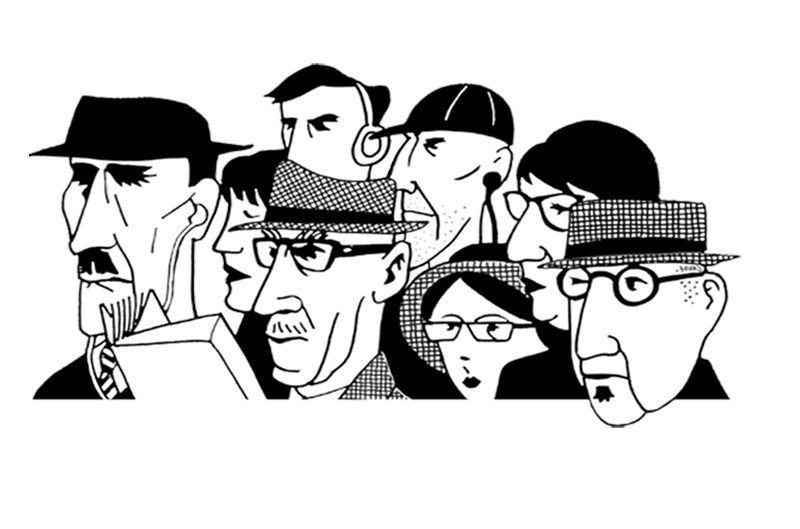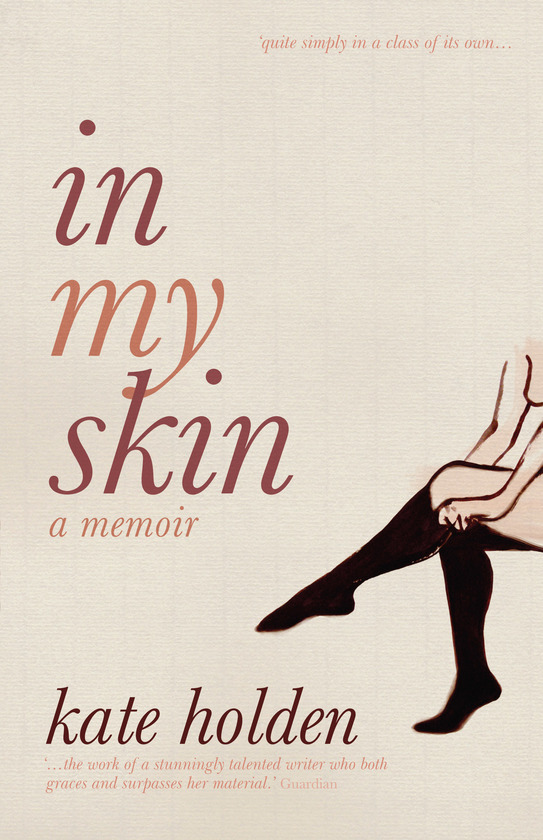In My Skin: A Memoir
Kate Holden Memoirs, Book One
Kate Holden
I made money I’d never imagined and I wore velvet dresses and shone in lamplight. I walked tall in crowds, knowing myself to be desired. I told people I was a prostitute, and smiled as I said it, and dared them to turn their gaze…The smile that I give when I talk about it now is, I can feel, nostalgic, provocative. A brightness comes into my eyes. And, I’m told, a hard look too.
In My Skin describes an extraordinary journey through an often hidden world of heroin and prostitution. Kate’s story is one of survival and resourcefulness, and an unflinching look at the consequences of addiction. More than just a fearless and compelling narrative, In My Skin is the triumphant announcement of a new talent in Australian writing.
‘But I’m perfectly normal, I’m a really ordinary person. And that’s what’s interesting—my ordinariness took me to a place where I found a whole lot of other ordinary people. All the sex workers were ordinary, all the clients were ordinary, all the drug users were ordinary—no one was out of a movie.’ Read the full interview with Kate Holden in the Guardian, a decade after first publication.
andIn My Skin
‘It’s gritty, compelling and at times thoroughly uncomfortable…Holden’s candour is brave and despite her battles—or perhaps because of them—you’ll find yourself caring about what happens to her.’
‘Ever wondered how ordinary, educated people drift into the underworld of drugs and prostitution?…Kate Holden takes us there with brutal candour and occasional whimsy…for more than just the voyeuristic factor, it’s a hard book to put down.’
‘[A] true tale of survival and a brutally vivid and honest account of a trip to the skids and back.’
‘In My Skin is…quite simply in a class of its own.
‘Holden’s beautifully written account of her descent into hell is uncomfortably honest about the pleasures, as well as the pains, of life in a brothel…Her talents as a prostitute won her a large clientele. So should her talents as a writer.’
‘Breathtakingly candid…Achingly honest’
‘A compelling story of love and squalor that retains humanity and sympathy.’






